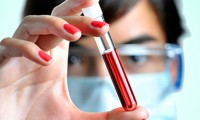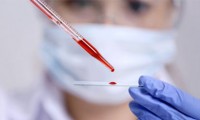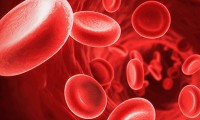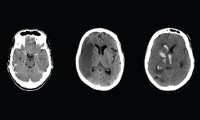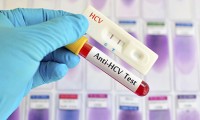-
New blood test developed for early diagnosis of ovarian cancer
- Source: Source: https://www.adelaide.edu.au/news/news103642.html
- 1,118
- December 14, 2018
-
Quick Analysis of Hundreds of Proteins from a Single Blood Sample
- Source: ScienceDaily
- 955
- August 15, 2018
-
New Blood Test Foresees Risk for Kidney Cancer and Survival Five Years before Diagnosis
- Source: EurekAlert
- 1,284
- August 14, 2018
-
Siemens gets FDA Clearance for Troponin Assay
- Source: FierceBiotech
- 1,331
- July 27, 2018
-
New Blood Test Replaces Costly CT Scan to Detect Head Injury
- Source: News Medical
- 1,142
- July 27, 2018
-
Blood Test to Suggest Best Possible Treatment for Advanced Prostate Cancer
- Source: ScienceDaily
- 1,078
- July 26, 2018
-
HCV RNA PCR Test; Qualitative and Quantitative Analysis
- Source: MedicalNewsToday
- 2,022
- July 20, 2018
-
TREAT-B – Blood Test to Detect Hepatitis B Well in Advance
- Source: MedIndia
- 670
- July 18, 2018
-
Novel Blood Test to Determine Right Time for Drug Administration
- Source: The Verge
- 900
- July 6, 2018
-
Cost Effective Universal Screening Aids in Eliminating Hepatitis C
- Source: News Medical
- 1,070
- July 6, 2018
your submission has already been received.
OK
Subscribe
Please enter a valid Email address!
Submit
The most relevant industry news & insight will be sent to you every two weeks.


